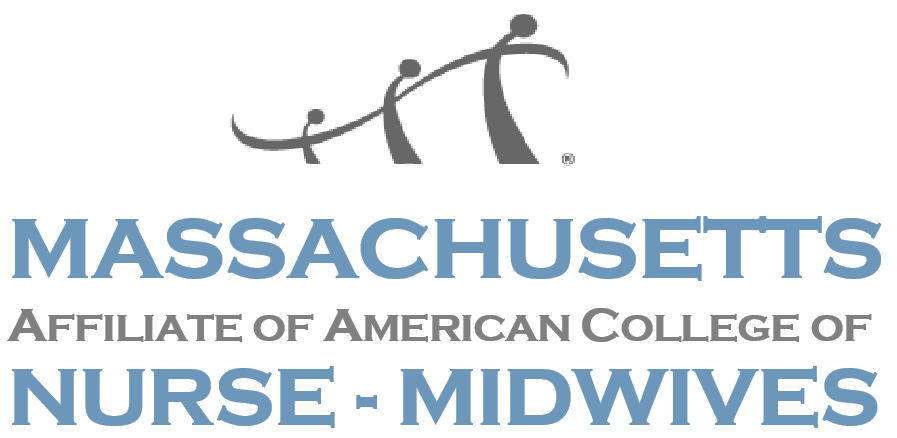Congratulations are in order to all the new Nurse-Midwife graduates this year! It is a long, often wonderful, sometimes overwhelming process to become a midwife. So you should be very proud, and we are happy to welcome you to our profession.
Two of these graduates– Emily Jackson and Catherine Mellen– became the 22nd class to graduate from Baystate Medical Center Midwifery Education Program. There are only 38 midwifery education programs in the country, only two in New England– and we have one of them Massachusetts. As of this May, 98 CNMs have come out of the Baystate program, which to date has a 100% first attempt pass rate on the AMCB board exam.
But as lucky as we are to have Baystate’s program, we are not currently producing enough midwives nationally to help deal with the major obstetric workforce shortage. According to the ACNM’s “Midwifery Education Trends Report 2015,” nearly 1 million American women do not receive adequate prenatal care. The American Congress of Obstetricians and Gynecologists has reported that currently 49% of US counties do not have an obstetrics provider, and a 25% shortage of OB-GYNs is predicted by 2030.
Increasing the number of midwives seems like a natural solution to addressing this workforce shortage. In the US, women receiving midwifery care report high levels of satisfaction, and studies consistently show that midwifery care results in excellent outcomes for women and babies with fewer interventions and lower costs. Indeed, most other developed countries structure their maternity system so that midwives are the default provider for normal birth, resulting in more midwives than obstetricians caring for their pregnant women. Despite the fact that the majority of women experience normal birth, the US has not followed this model and currently there are 4 OB-GYNs for ever 1 CNM/CM.
The American College of Nurse Midwives (ACNM) and Accreditation Commission for Midwifery Education (ACME) have put forth recommendations to help increase the number of annual midwifery graduates, including:
1) Increase the number of ACME-accredited midwifery education programs throughout the United States
2) Support increased funding for nursing and midwifery education, specifically focused on support for clinical preceptors.
3) Increase recruitment efforts aimed at attracting nursing students and nurses to midwifery careers.
4) Increase the number of clinical education sites through greater collaboration with OB/GYN residency education programs
5) Increase recruitment efforts aimed at expanding the diversity of the midwifery profession.
So what can we do to help these efforts?
If anyone is interested in more information about our program or expanding midwifery education in Massachusetts, please feel free to contact me.
Sukey Agard Krause, CNM, MSN
Director, Midwifery Education Program
Baystate Medical Center
689 Chestnut Street
Springfield, MA 01199
ph: 413-794-3653
fax: 413-794-8770

